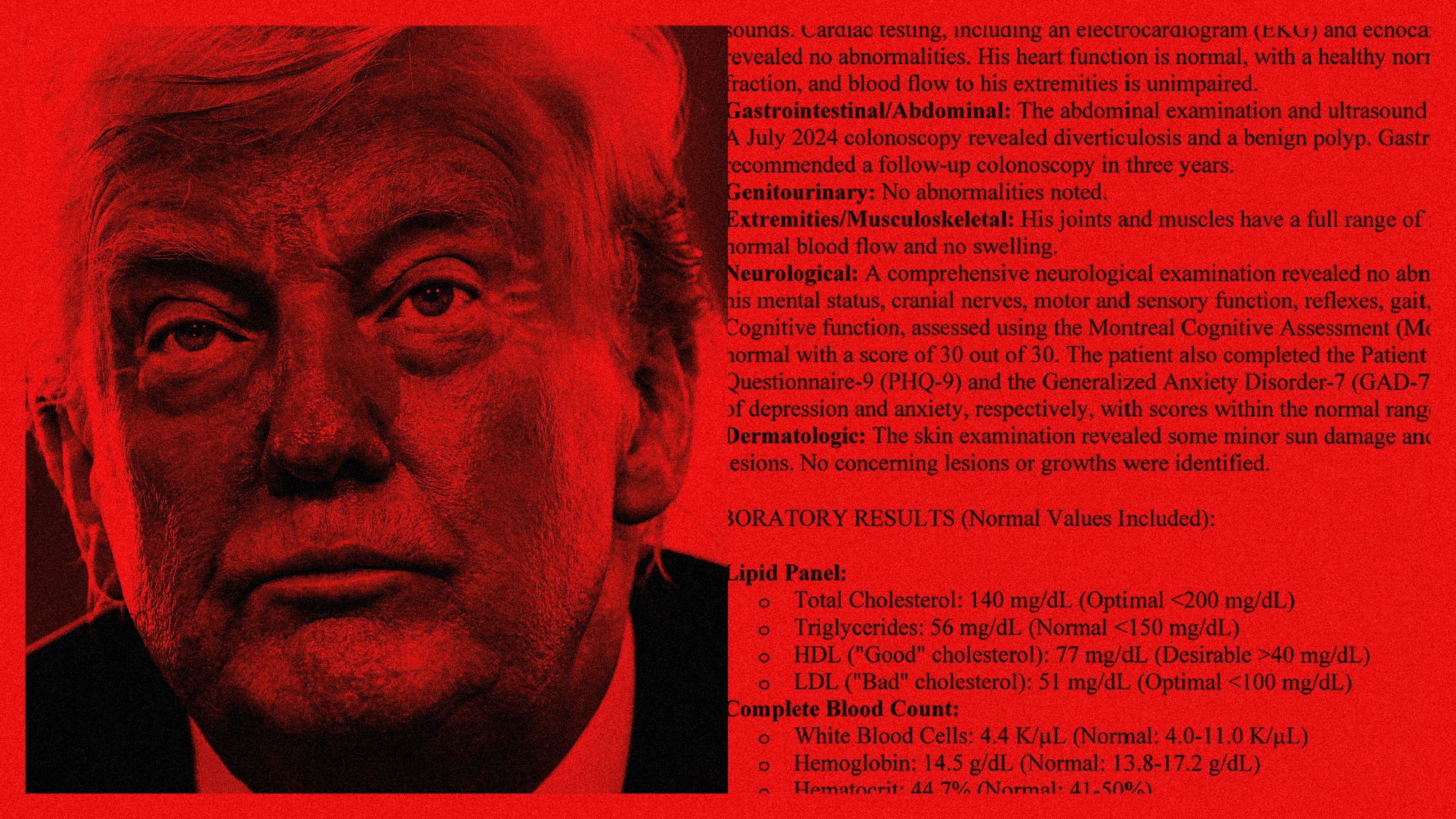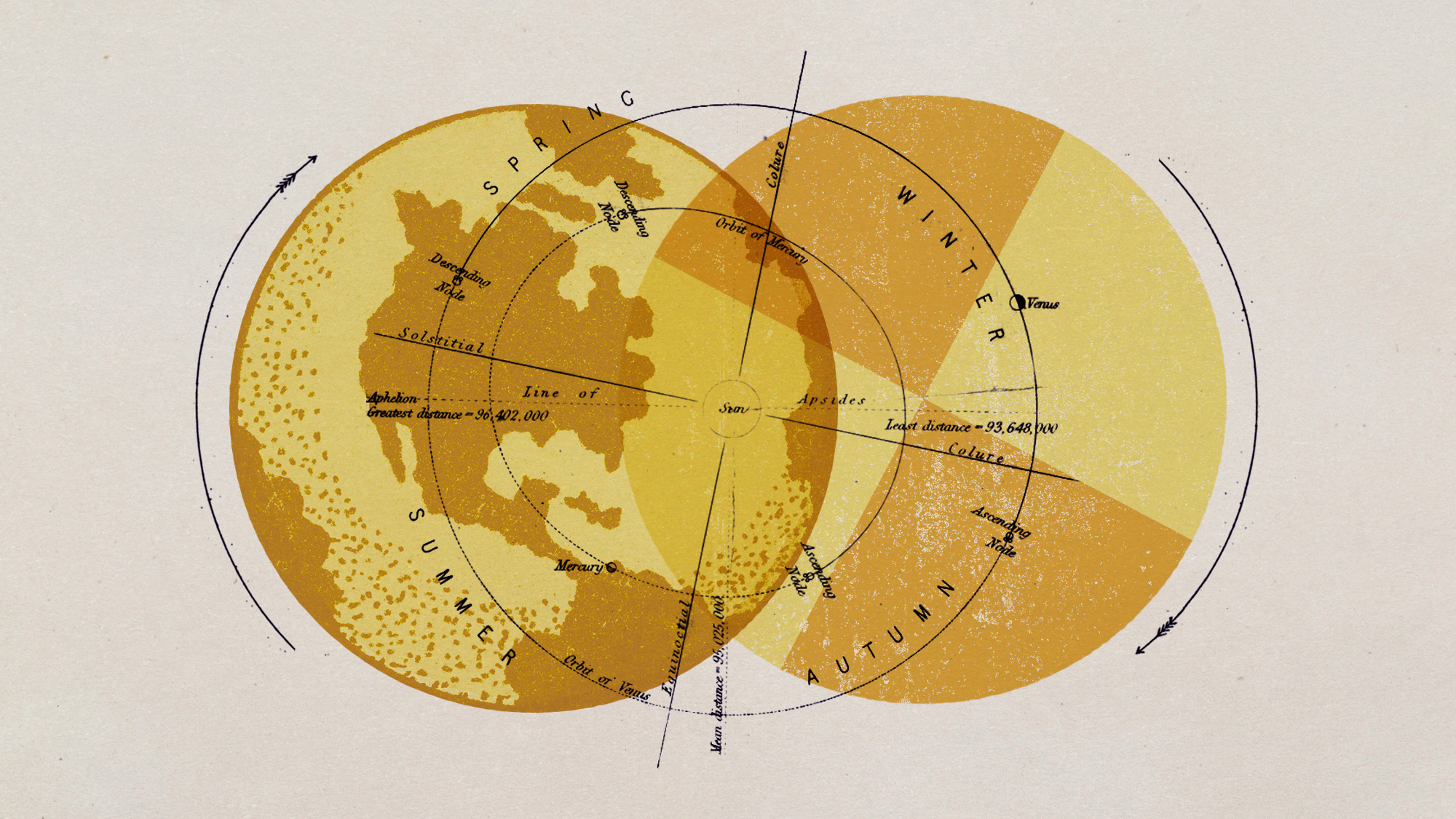The post-traumatic stress of home burglary
What would burglars take if they broke into your home? For one writer, material losses pale in comparison to the psychological.


May might be spring in most places, but it's definitely summer in southern Mississippi. We got back to our friend's place a little past midnight, having walked across the city from our favorite bar, where, surrounded by close friends, we'd just celebrated our imminent going away. Tomorrow, even though it still didn't seem real, would be our last day in the United States before we moved to Germany. We were already living out of suitcases, drunk on the mix of nostalgia and excitement you experience when you realize your life is about to change. I remember seeing the muddy boot print on the side door but somehow didn't think much of it. I just put the key in and turned.
Inside, in the living room, I found my backpack on the floor — not the couch, where I left it. An old set of military fatigues were on the kitchen linoleum. This was strange, but it's funny how your mind can turn out a narrative to make sense of just about anything. Nathan, the friend we were staying with, was an ex-Marine. He'd left the day before for a weekend at his family's house on the Gulf Coast, about an hour drive from his place in Hattiesburg. I figured he'd forgotten something — maybe his laundry? I imagined him coming in, cursing through his months-old, military-discharge beard and hurrying out again with an armload of dirty clothes.
I picked up my backpack and found my laptop missing. At the same moment, my wife Irene came back from the bedroom. "I think we've been robbed," she said.
The Week
Escape your echo chamber. Get the facts behind the news, plus analysis from multiple perspectives.

Sign up for The Week's Free Newsletters
From our morning news briefing to a weekly Good News Newsletter, get the best of The Week delivered directly to your inbox.
From our morning news briefing to a weekly Good News Newsletter, get the best of The Week delivered directly to your inbox.
The awareness that the burglars might still be inside the house washed over us simultaneously, and without talking, we walked out the front door — which we discovered had been kicked in — and called the cops from the front yard. Two cars arrived quietly, no lights, no sirens, and we waited as the police cleared the house. One stayed behind as we took inventory of our missing stuff: my computer and e-reader, in addition to some of Nathan's things.
"Any weapons?" the officer asked.
In Nathan's room, I lifted his mattress and looked for the 9mm I knew he kept there, but it was gone. The burglars had also taken his Marine issue KA-BAR knife. That whoever had done this was now definitely armed horrified me, but the cop seemed almost relieved. "Be sure your friend gives us the serial number when you get a hold of him," he said, referring to the gun. "I doubt it'll be too long before it turns up."
We couldn't feel safe, obviously, despite the officers' assurance that they'd come by throughout the night to check on the house. We spent hours trying to get ahold of Nathan and his family, wracked with guilt the whole time, feeling somehow responsible for something that we couldn't have anticipated and likely couldn't have prevented even if we'd been home. Still, I was at once relieved and disappointed that we hadn't been there when the burglars came. That night, I awoke from nightmares of us being taken prisoner in a home invasion and then fell back asleep into heroic dreams in which I surprised the unsuspecting robbers, hiding behind the door, springing on them with a baseball bat.
A free daily email with the biggest news stories of the day – and the best features from TheWeek.com
"SHAME AND GUILT ARE are the kind of quite typical feelings of victims who have experienced different kinds of traumatic events including burglary," says Dr. Man Cheung Chung, a British psychologist and professor at Zayed University, in the United Arab Emirates. Chung's recent work has focused on post-traumatic stress among burglary victims, who frequently experience sleeplessness, depression, and anxiety, among other symptoms. (Chung was quick to note that you can experience some of these symptoms and not be suffering from PTSD.)
"You [tend to] have all these intrusive thoughts about the event despite not seeing the event happen," Chung says. These invasive thoughts and feelings, of course, have everything to do with the cultural importance home takes on in our society. "Home is almost an extension of ourselves, isn't it?" Chung asks. "Home is supposed to be secure. When we go home, we feel good, we can relax, and so on. Home is not just a physical space, it's also a psychological space."
In other words, the home is an example of what social scientists call a "sacred space," one that we fill with material things but also with meaning. It's where we engage in private family rituals — eating, praying, loving — and it's where we let our guard down. It's a place where we set the terms and have control. Failing to govern that space and keep it safe creates a feeling of not only insecurity but profound inadequacy.
Burglary is especially traumatic because not only is this sacred space invaded but often items of great personal value — sacred items, if you will — are stolen. Their monetary value is often less important than the sentimental value they may hold. Robbers taking an otherwise worthless clock your grandma gave you could be more upsetting than the missing thousand-dollar television, for example.
THE AFTERNOON AFTER THE burglary, as Nathan helped his dad fix the front door, he marveled at the fact that someone kicked it in without the neighbors noticing. Every so often, he also mentioned his missing knife, which I would have given anything to get back for him at that moment. Later, my friends came over and hung out on the front porch before we hugged and choked out our last goodbyes. As they prepared to leave, I saw a young man on a bike riding in circles on the street corner. "What's this guy up to?" I said, standing up to get a closer look.
"Calm down, cowboy" a friend said, laughing. The guy turned out to be younger than I thought, a teenager even. "Riding a bike isn't illegal."
Two years have now passed since the burglary. Just as the police officer predicted, the burglar was later caught in the act with Nathan's pistol. He's now awaiting trial for several burglaries in the neighborhood.
But even after I moved to Germany, removing myself from the city and the country where the burglary occurred, the robbery stayed with me. It took weeks before I stopped having bad dreams or stopped eyeing strangers on the street near my house. The most valuable thing the burglars took was my sense of security.
"Every day, we take our psychological space for granted," Chung says. "We think we are almost invincible: We're not going to die now and the world is secure, and my life is secure. But then when something [traumatic] happens, a lot of victims go, 'Hold on. Life is not actually as safe as I thought. We can't predict what's going to happen to us.' So a lot of people think, 'We can't trust people anymore. The world is dangerous.' Then they blame themselves."
"So the ramifications of the event extend well beyond the actually home, psychologically speaking?" I ask.
"Yeah," he says. "Absolutely."
Pacific Standard grapples with the nation's biggest issues by illuminating why we do what we do. For more on the science of society, sign up for its weekly email update or subscribe to its bimonthly print magazine.
More from Pacific Standard...
-
 Why are Trump's health rumors about more than just presidential fitness?
Why are Trump's health rumors about more than just presidential fitness?TODAY'S BIG QUESTION Extended absences and unexplained bruises have raised concerns about both his well-being and his administration's transparency
-
 Earth's seasons have gone wackadoodle
Earth's seasons have gone wackadoodleUnder the radar It may have impacted biodiversity and evolution
-
 How much does it cost to move? Here's how to budget and save.
How much does it cost to move? Here's how to budget and save.the explainer Factors like move distance and the weight of your furnishings can affect the total cost — but there are several ways to economize